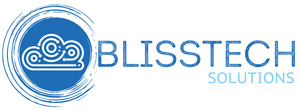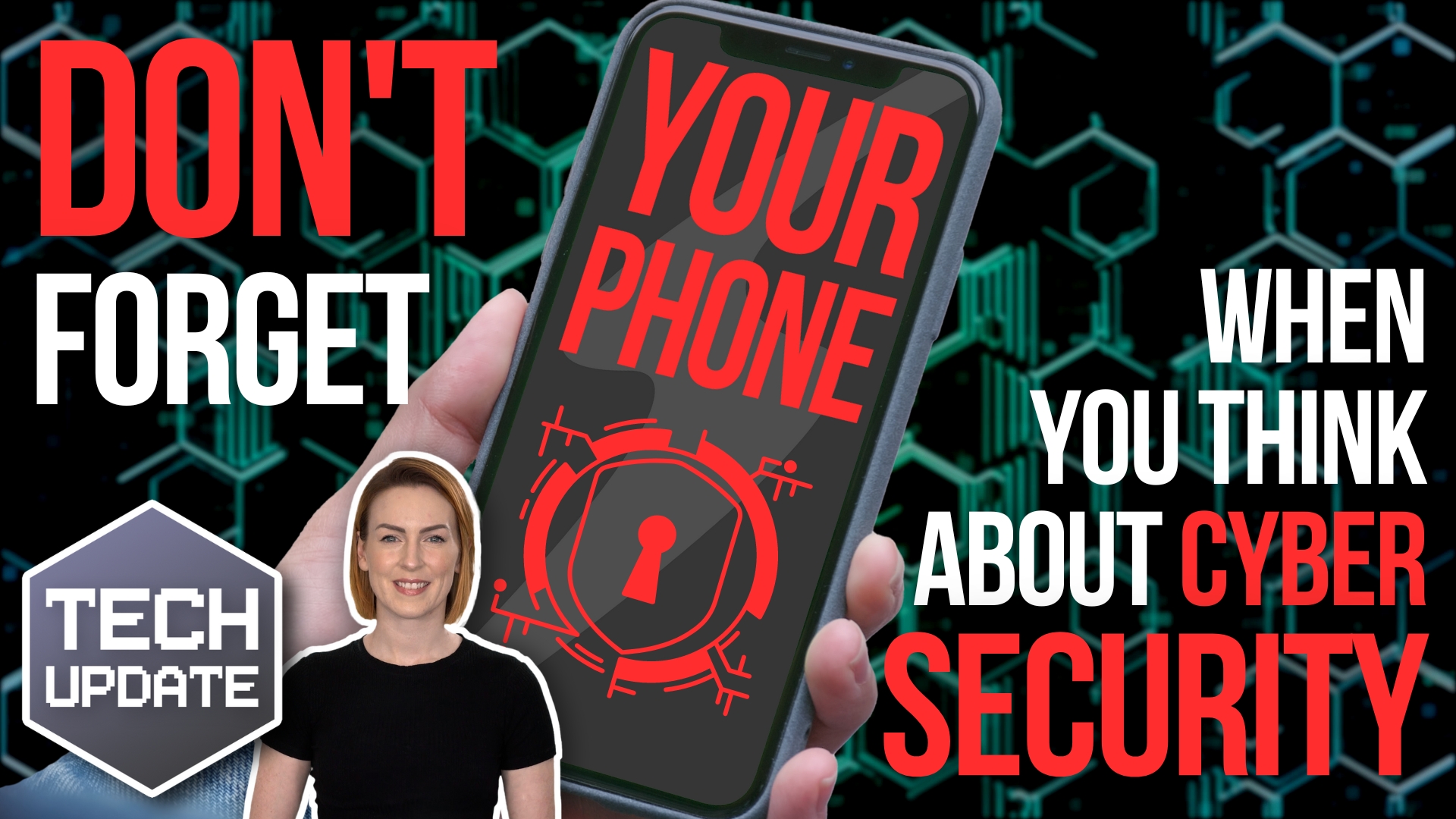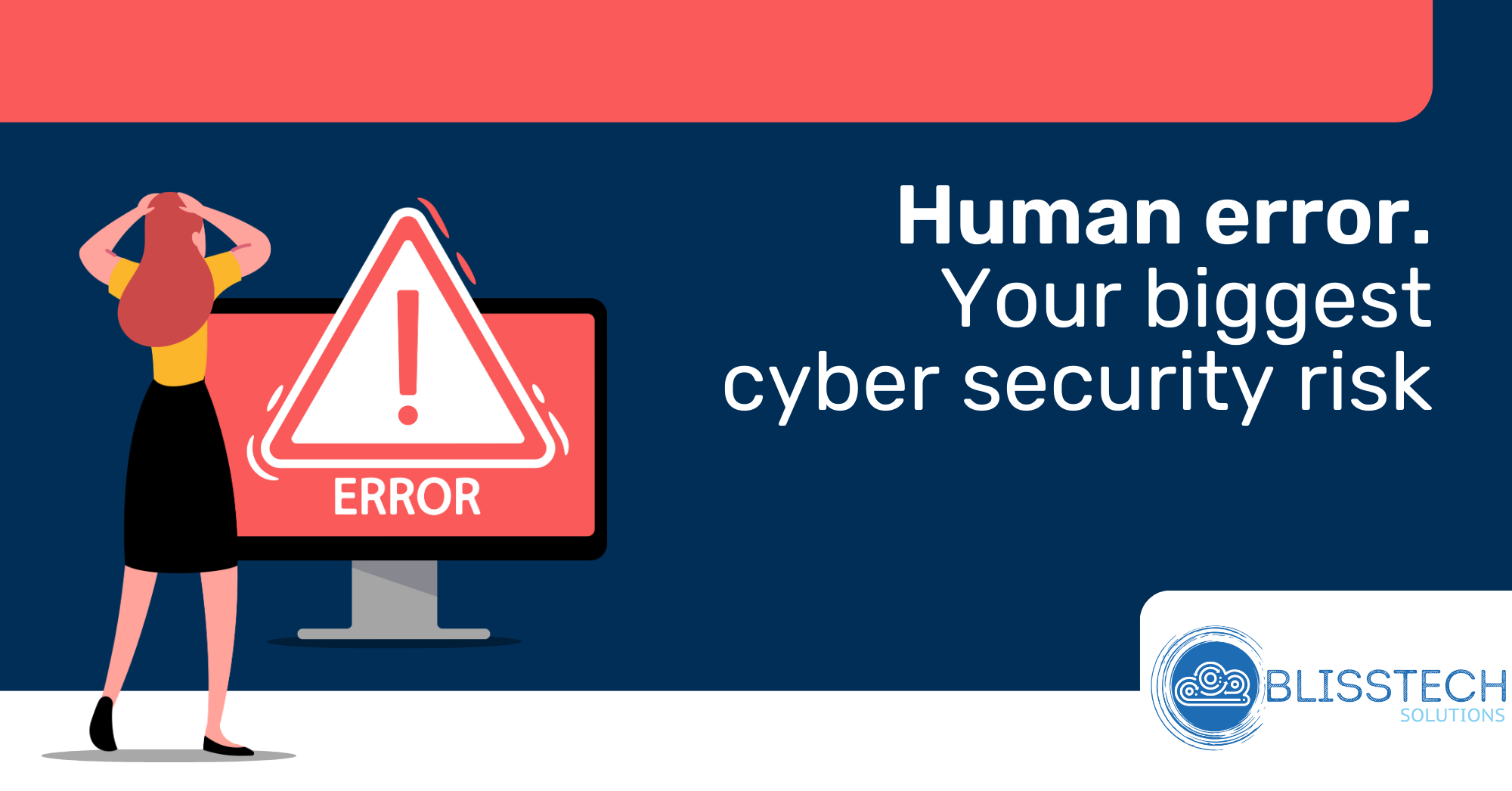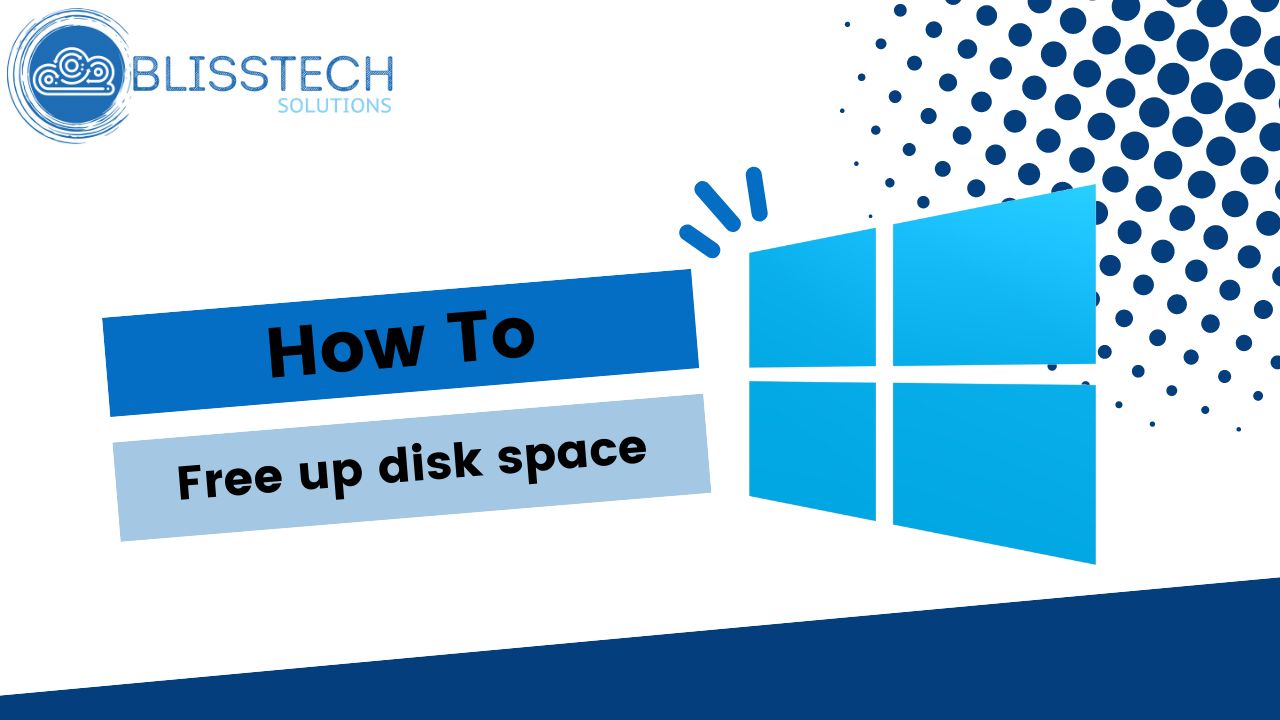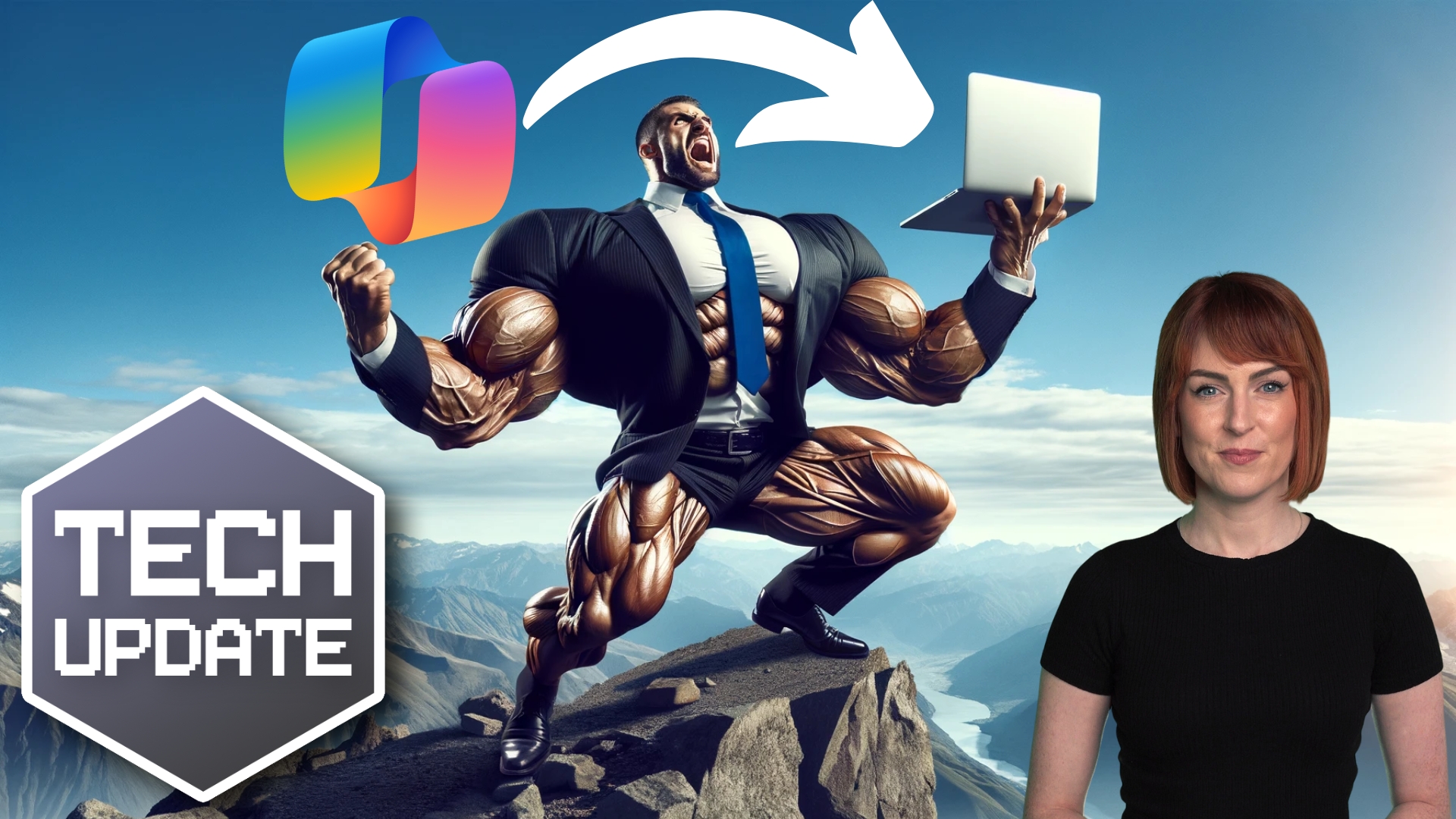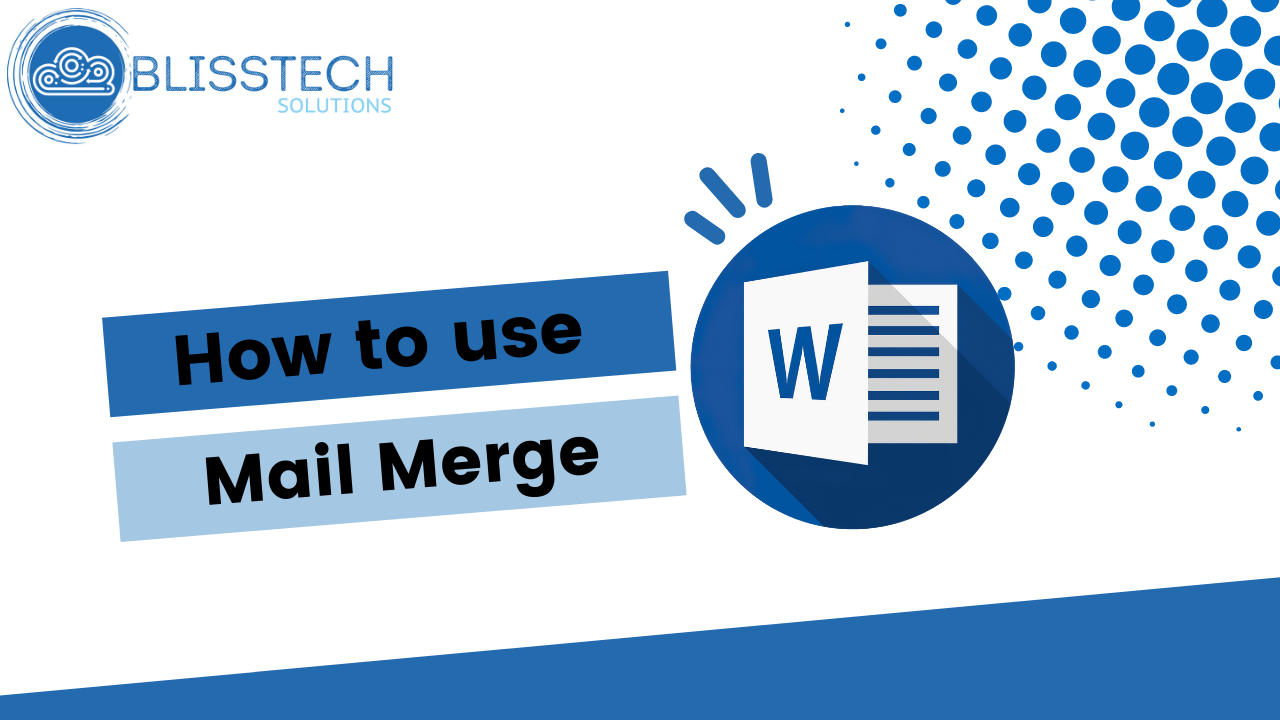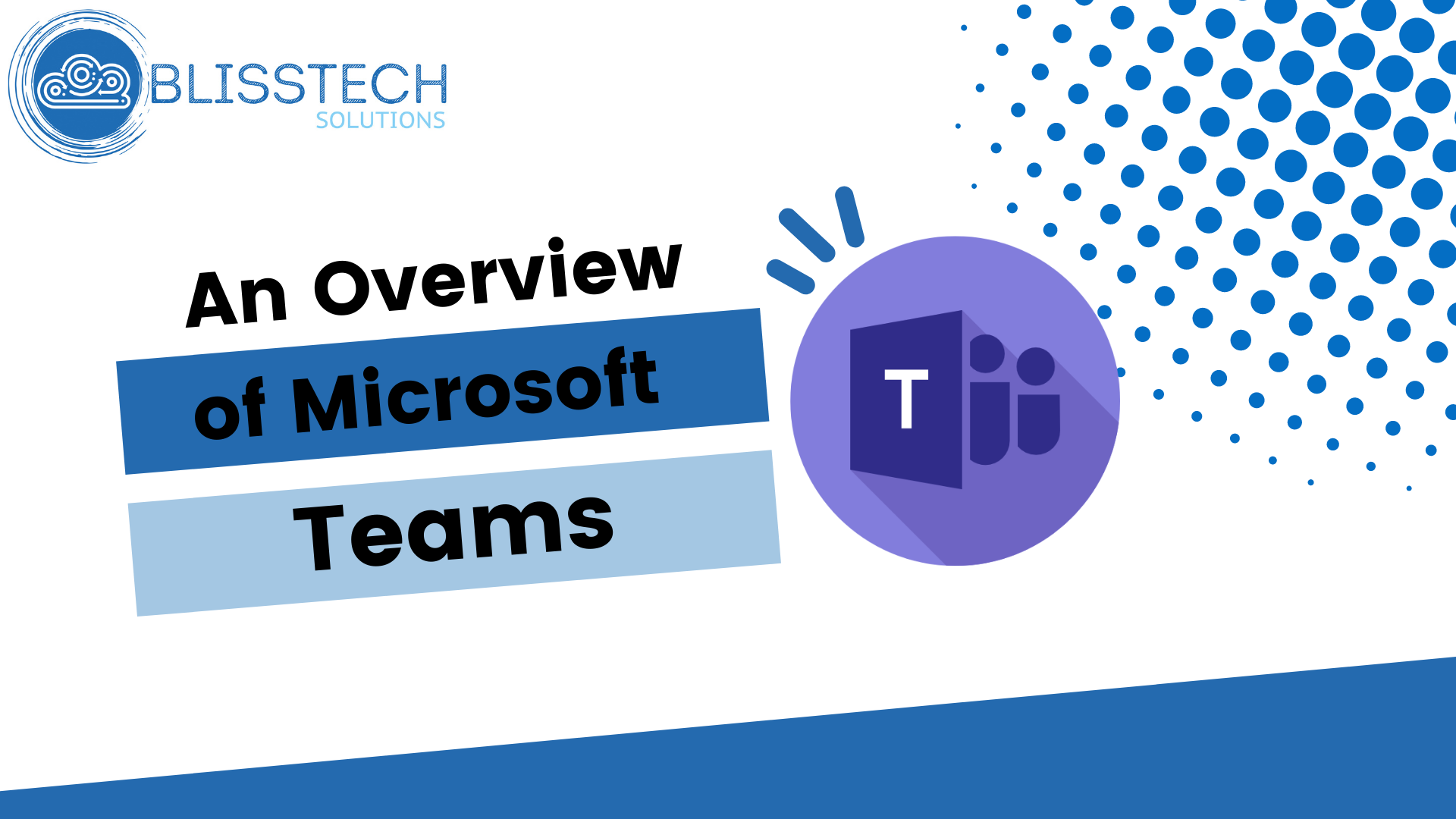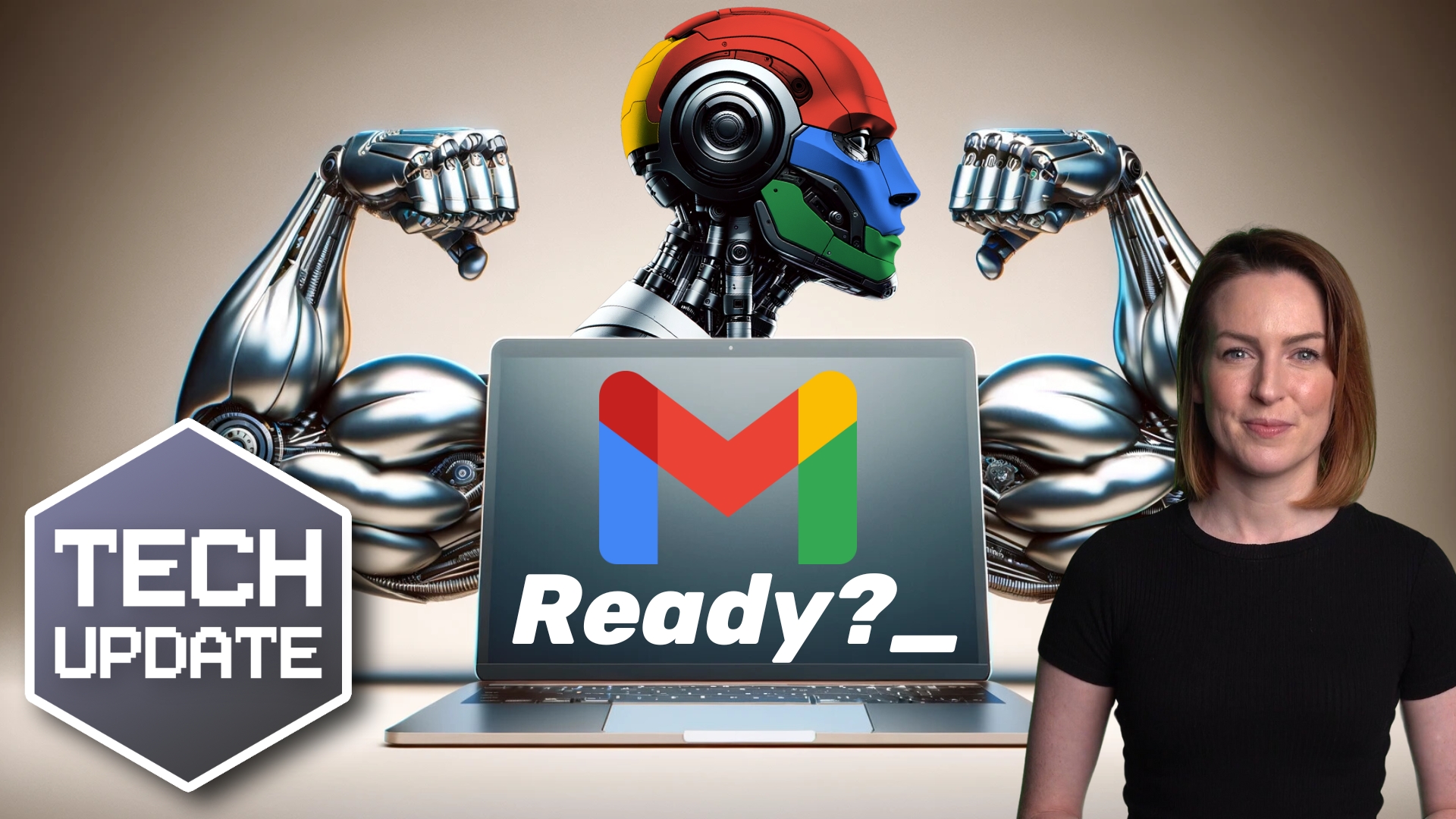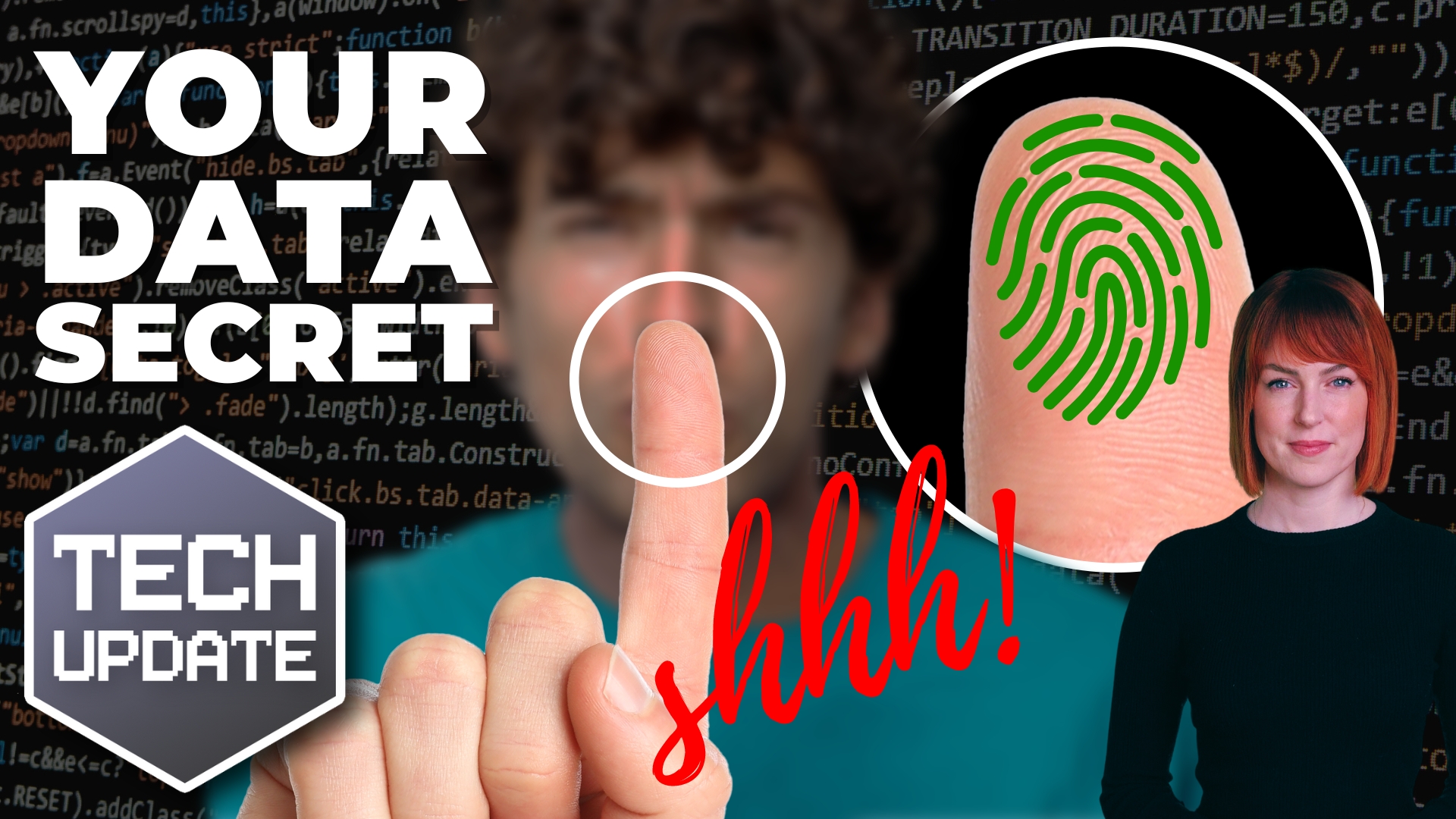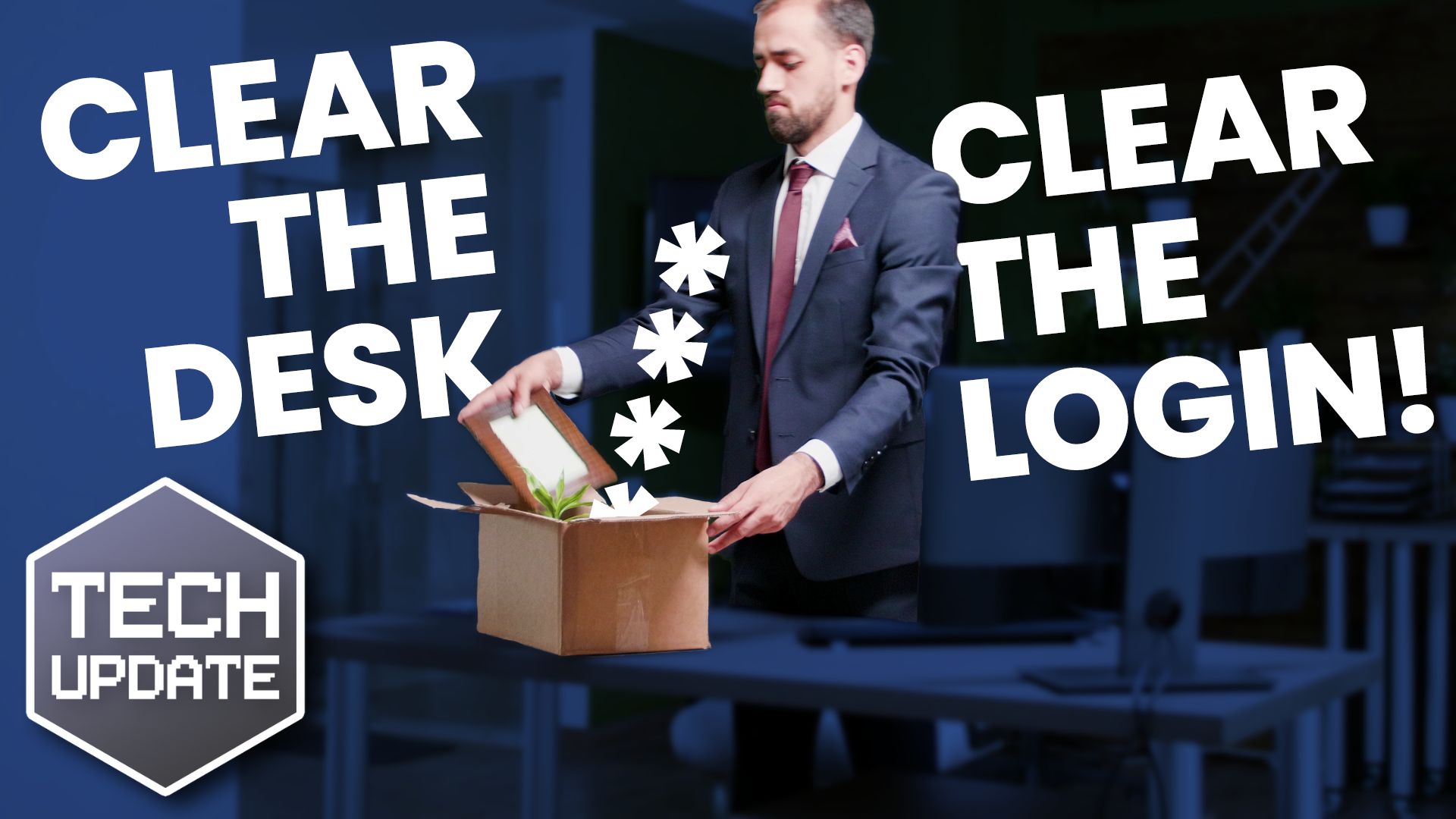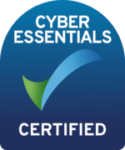Weak passwords are one of the most significant security risks to your business.
Why? Cybercriminals are getting smarter than ever. If they manage to crack just one password, they could access your sensitive business data and financial information or even control your entire system.
Cyber criminals use automated tools to guess passwords, allowing them to try millions of combinations in seconds. So, if you’re using something like “Password123” or “CompanyName2025” or “FootballTeam1972”, you’re practically handing them the keys to your business.
A compromised password can lead to big issues, such as:
- Data breaches
- Financial losses
- Identity theft
- Reputation damage
But how do you create strong passwords without driving yourself (and your team) mad?
Think of your password as a secret recipe, where you should only know the ingredients. It should:
- Be at least 14 characters long (the longer the better)
- Include a mix of uppercase and lowercase letters
- Contain a few numbers and symbols (like @, $, %, or &)
- Does not contain any common words or easily guessable information (like birthdays, names, or the word “password”)
Instead of using a single word, you could try a passphrase – a short, random sentence that only you would understand. For example, instead of “Sailing2025”, try something like “Coffee&CloudsAreGreat9!”. This is much harder to crack, yet still easy to remember.
You should also steer clear of these common mistakes:
- Using personal info (your name, birthday, business name, etc.)
- Reusing the same passwords across multiple accounts
- Using simple sequences (“123456” or “abcdef”)
- Storing passwords in an easily accessible or insecure place (like a sticky note or a spreadsheet)
If remembering unique passwords for every account sounds impossible, there is another option: Password managers. These generate strong passwords, store them securely and autofill them for you.
With a password manager, you only need to remember one strong master password for the manager app. The rest are encrypted and stored safely, reducing the risk of data breaches.
Even the strongest password isn’t foolproof, which is why multi-factor authentication (MFA) is also important. MFA requires a second verification form, like a one-time code sent to your phone or generated from an authentication app.
If you have employees accessing your business systems, it’s a good idea to have a password policy in place to explain your rules and why they’re important. This should include:
- Unique passwords for each system and account
- Regular security training on password best practices
- Business-wide use of MFA for critical systems
- Scanning for compromised passwords regularly
By making password security a priority, you can reduce the chances of a cyber attack creating a nightmare for your business.
And if you need help making your business more secure, get in touch.
